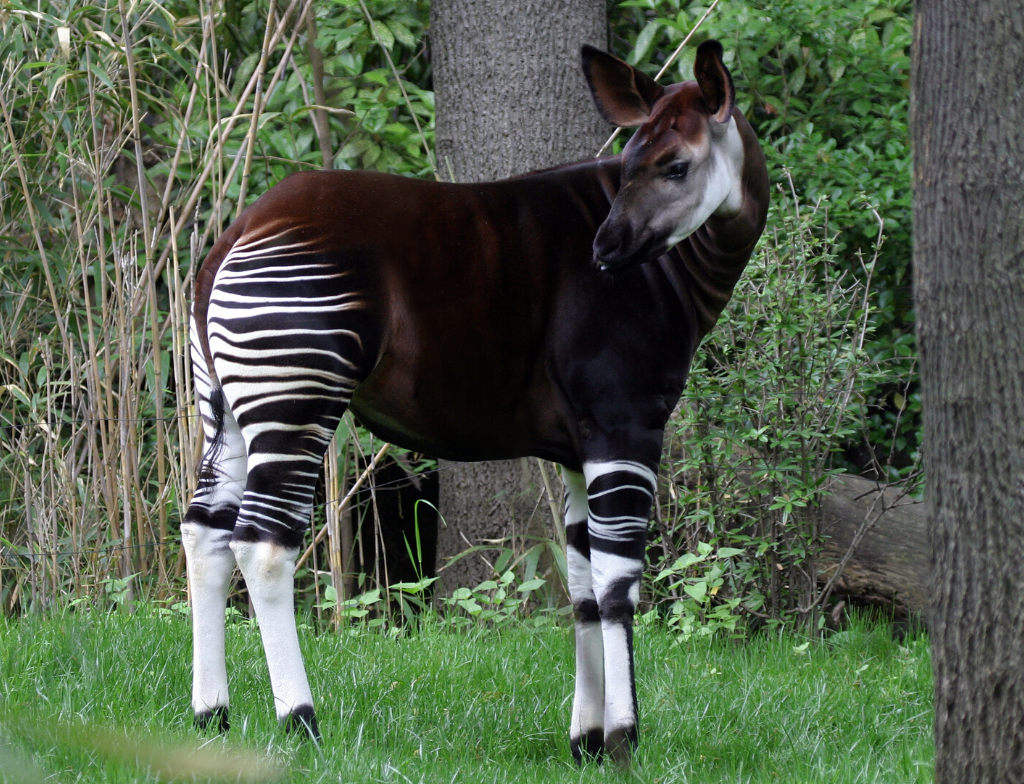On September 26, 2019, the Nashville Zoo at Grassmere hosted the Nashville Corporate Sustainability Roundtable for an unforgettable meeting about the connections between sustainability and conservation. The meeting was led by Emily Easter, who has been a contact keeper at the Zoo for three years. She took us on a wild ride where we met zookeepers, enjoyed the company of baby animals, and toured the new HCA Veterinary Hospital.
Emily opened this meeting by explaining how to zoo’s mission of conservation ties in so well with sustainability. Sustainability is the actions humans take to lessen negative impacts on the environment while conservation is the preservation, protection, or restoration of the natural environment and wildlife.
This was eye-opening for many of our members. Everyone has different answers to the question: Why do you care about sustainability? For some, they want to ensure a good life for future generations. For others, they want to solve social disparities that are being caused by climate change. Thanks to the Zoo’s wonderful, informative presentation everyone in this meeting left with another why: to conserve the natural habitats of the many plant and animal species who are victims of the irresponsible actions of humans.
Did you know that the Nashville Zoo composts all of its elephant waste? Ed Schulte who is the lead of facilities shared with us the many sustainable actions the zoo takes each day to minimize waste, water, and energy usage by its animals, keepers, and visitors. Additionally, the zoo is asking its suppliers and partners to make similar changes. One awesome success story is that the gift shop now has stuffed animals made from 100% sustainable or recycled materials! It is clear that a culture of sustainability is spreading throughout the entire organization.
We were then introduced to two zookeepers who not only help take care of the animals at the Nashville Zoo, they are also working on important projects to help local species in Nashville such as the Hellbender and Nashville Crayfish.
Towards the end of the meeting, Emily taught us how important electronics recycling is for the survival of the Okapi. Okapis are the closest living relative of the giraffe and live in a very limited habitat in the northeastern region of the Democratic Republic of the Congo. Their habitat is currently shrinking due to the mining of (insert material here), which is common in almost all of your electronics. Therefore, you can individually help the okapi if you remember to recycle your electronics and limit the amount of new electronics you purchase. You can learn more about electronics recycling here. Additionally, we encourage you to learn more about how you can support the okapi by visiting the Okapi Conservation Project.

This was a great example of the direct positive impact of sustainable living. In the next phase of the meeting, Emily challenged the Roundtable to apply this thinking to 6 different zoo animals. We were met by Zoo Keepers who provided information on each of the animals and we, as sustainability professionals, had to think about how our everyday actions affect these animals in the wild.
The results were remarkable! A few of the ideas our members put together:
- Responsible purchasing of paper
- Focus on purchasing projects made of recycled materials
- Know the origin of your pets
- Refuse, Reduce, Reuse, and Recycle!
- Consume sustainable food
See below to witness our work!
This unforgettable roundtable concluded with small group tours of the HCA Vetinerary clinic. The clinic is 27,000 sq. feet, compared to the 700 square feet it used to be. We saw where they perform surgeries, learned about animal husbandry, and left feeling in awe of the amazing care provided to the zoo’s animals.
This roundtable added a very important piece to the conversation of sustainability. We now know about how our actions ripple throughout the entire world’s ecosystem. The species in Nashville that need our help now. As well as why supporting accredited zoos and aquariums are great sustainability organizations to support.
We’re looking forward to continuing the conversation at our next roundtable. Stay tuned!
Urban Green Lab thrives due to charitable support from readers like you. Stay up-to-date with news, events, and more blog posts by signing up for our email newsletter.